These schools offer opportunities for personalized learning, but also face significant resource challenges.
Practical solutions
Karyn MacVean, a mother of two autistic children in Phoenix, Arizona, did not want to enroll them in public school, where all students are treated equally and lack individualized care. Instead, she wanted to find a school that could support her children's social and emotional needs, while still providing a solid academic foundation in math and science .
Unfortunately, many children with autism are still learning in a system that doesn't believe they can succeed. But in reality, there are thousands of jobs out there waiting for them. Mr. KENNETH MIMS Founder of Prep Science Academy
After days of searching, MacVean chose Prep Science Academy, a small private school with 22 students in grades 6-12 in south Phoenix. The school met all the family’s needs: small class sizes, flexible curriculum, and a focus on holistic development.
Prep Science is a microschool, a model of super small school that has become increasingly popular in the US in recent years. The school's outstanding difference is its focus on STEM training (Science - Science; Technology - Technology; Engineering - Engineering; Mathematics - Mathematics).
Microschools are small learning communities, typically 10-150 students, where the learning experience is personalized and flexible. Unlike traditional public schools, these institutions emphasize project-based learning, technology, and critical thinking.
Founded by parents or teachers and funded primarily by tuition, the model is gaining popularity globally due to its ability to meet diverse learning needs in a rapidly changing era. In many places, microschools are compared to Montessori or Waldorf, but stand out for their integration of technology and ability to adjust to each individual.
“Micro-schools can be a practical solution for students with special needs, especially those with autism,” said Kenneth Mims, founder of Prep Science Academy. “With its limited size, Prep Science allows teachers to personalize learning and closely follow the emotional intelligence development of each student.”
Prep Science Academy also builds a curriculum around STEAM, integrating robotics and computer science, targeting a group of students that parents believe have the ability to continue on to university or integrate into the labor market.
The school has its own admissions process to ensure a suitable learning environment, and does not accept students with violent behavior. The school's core value is to create a space where students are "encouraged to reach their full potential."
Career orientation
In addition to academics, Prep Science Academy emphasizes career preparation. Some courses expose students to emerging STEM fields, such as aerospace engineering. It was this vision that convinced MacVean to choose the school.
“The curriculum reflects the reality of industry operations, helping students develop the skills needed to enter the future labor market. It fits with my family’s belief that each child develops at a different pace and cannot be put into the same class,” she said.
For MacVean’s daughter, Caroline, 13, Prep Science was a completely different experience from her previous educational environments, including special needs schools: “I didn’t feel valued or supported before. Here, the teachers really understand my needs. It’s wonderful, I feel like I’ve found a second home,” Caroline said.
In the fast-changing 21st century, where data and automation increasingly shape the future, the traditional classroom model is under pressure to reinvent itself. Crowded lecture halls and formulaic curriculums are no longer enough to equip young people to adapt to a complex and volatile world .
From that need for innovation, the STEM microschool model emerged as a different approach. Prep Science Academy is not the only unit "leading" the trend. Billionaire Elon Musk is one of the pioneers in building a pilot STEM microschool model.
In 2014, he founded Ad Astra on the SpaceX campus in California with 14 students, most of whom were children of company employees. The small but experimental school focused on STEM education, project-based learning, and problem-solving. Ad Astra later evolved into Astra Nova, a nonprofit online school model that continues to maintain its focus on innovation and personalization.
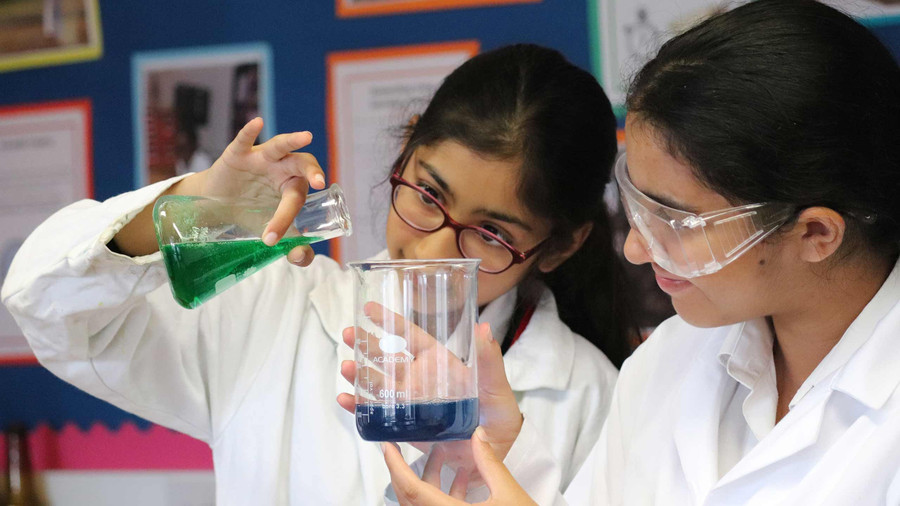
Expanding the limits
Recently, Elon Musk continued to build an Astra Nova facility in Bastrop, Texas, through the Musk Foundation. The school is officially licensed, operates according to the Montessori orientation, focuses on practice and STEM, with the long-term goal of expanding to a university.
Despite being an online model, the initiative converges core features: limited scale, flexible program and encouragement of creativity, showing the popularity of STEM education compared to traditional education.
This Montessori-based school emphasizes hands-on learning and STEM, with long-term plans to expand into a university. It is licensed by the Texas Department of Child Care.
Musk's approach to education focuses on breaking the constraints of traditional systems that are too rigid to meet the needs of a rapidly changing world. He advocates education that inspires curiosity, fosters critical thinking, and equips students to solve real-world challenges rather than just memorization.
Schools like Ad Astra and Astra Nova are built on this belief, offering unique curricula that prioritize STEM and expose students to real-world scenarios like designing spacecraft or coding AI. Musk has stated that his goal is to train “space citizens” who can contribute to the future of humanity on Earth and beyond.
Astra Nova encourages students to learn through interdisciplinary projects and experiential exploration rather than a structured curriculum. Musk’s ambition goes beyond building schools, and is to spark a global movement that encourages educators and parents to explore alternative learning methods.

Opportunities for 21st century education
The concept of microschools, championed by Musk and many educators, has the potential to reshape the future of education through personalized and adaptive learning. In a fast-paced technological world, microschools can harness AI and modern tools to improve learning outcomes, while also providing an attractive alternative for families seeking alignment with personal values, especially in remote areas where traditional education is limited.
If developed carefully, micro-schools can become an important supplement to traditional education, diversifying learning methods and approaches. However, implementing the model in the US still faces many challenges. The most important is approval from state and national governments. For example, Unbound Academy, one of the pioneers in STEM applications, has been denied approval to operate by four states.
In addition, with small student numbers, schools are often limited in resources, making it difficult to maintain a team of teachers with sufficient expertise for many subjects, especially at the secondary level. Facilities and equipment are also difficult to compare with large public or private schools, leaving students with limited access to laboratories, libraries, or diverse extracurricular activities.
Because they are not as closely monitored as the public system, many small schools are not required to undergo quality accreditation, raising concerns about the uniformity of their programs. The lack of standardization can make it difficult for students to transfer to other learning environments or apply to universities.
Finally, their small size limits the opportunities for students to interact with a diverse group of people with diverse cultures, abilities, and perspectives, which are important factors in helping children develop social skills and adaptability. Therefore, despite their potential, micro-schools still need to overcome many challenges to become a sustainable and popular educational model.
Billionaire Elon Musk's educational thinking is shaped by his commitment to 'first principles thinking', the approach he applies to business and innovation.
Source: https://giaoducthoidai.vn/truong-hoc-sieu-nho-stem-ca-nhan-hoa-hoc-tap-mo-loi-tuong-lai-post749850.html
















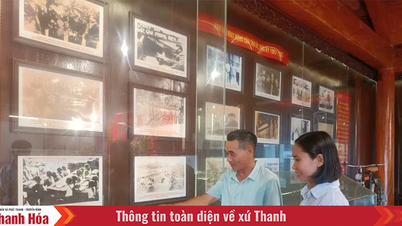



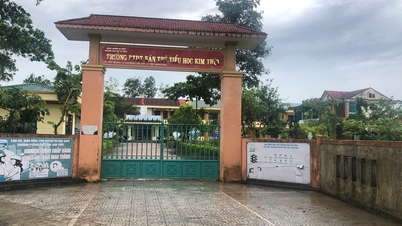

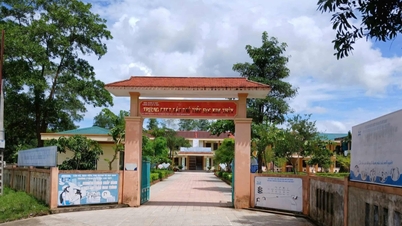




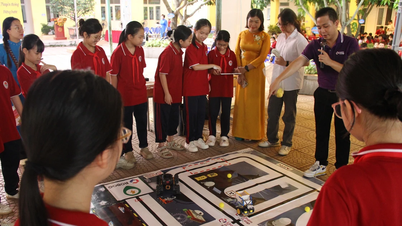






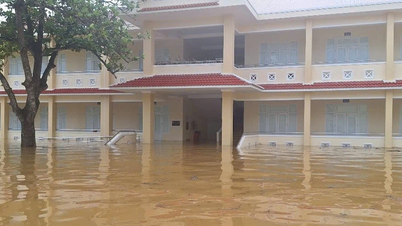


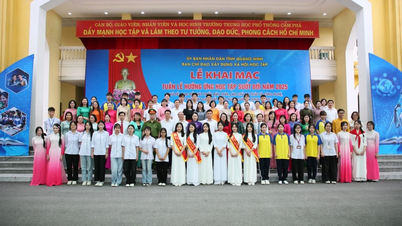
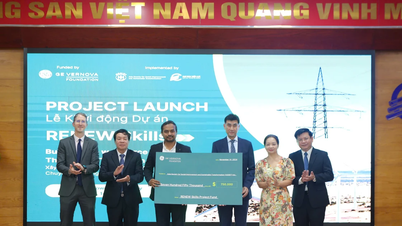

































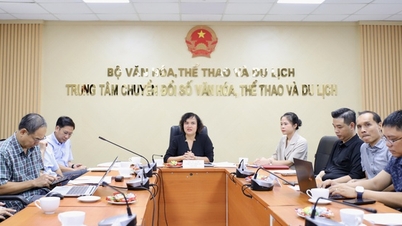
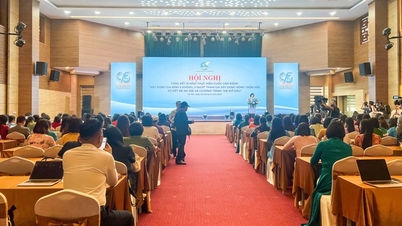
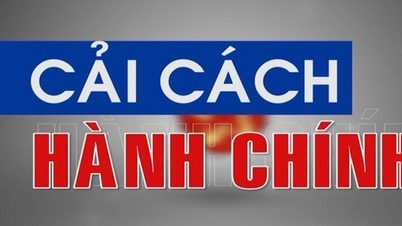





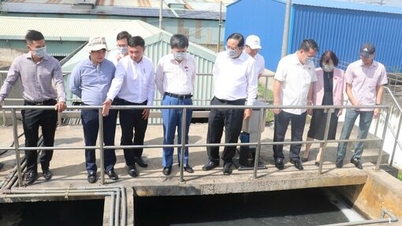







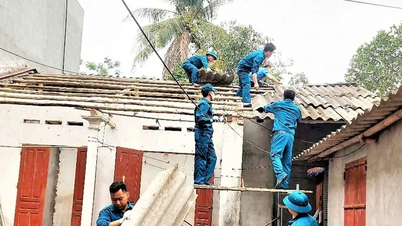














Comment (0)